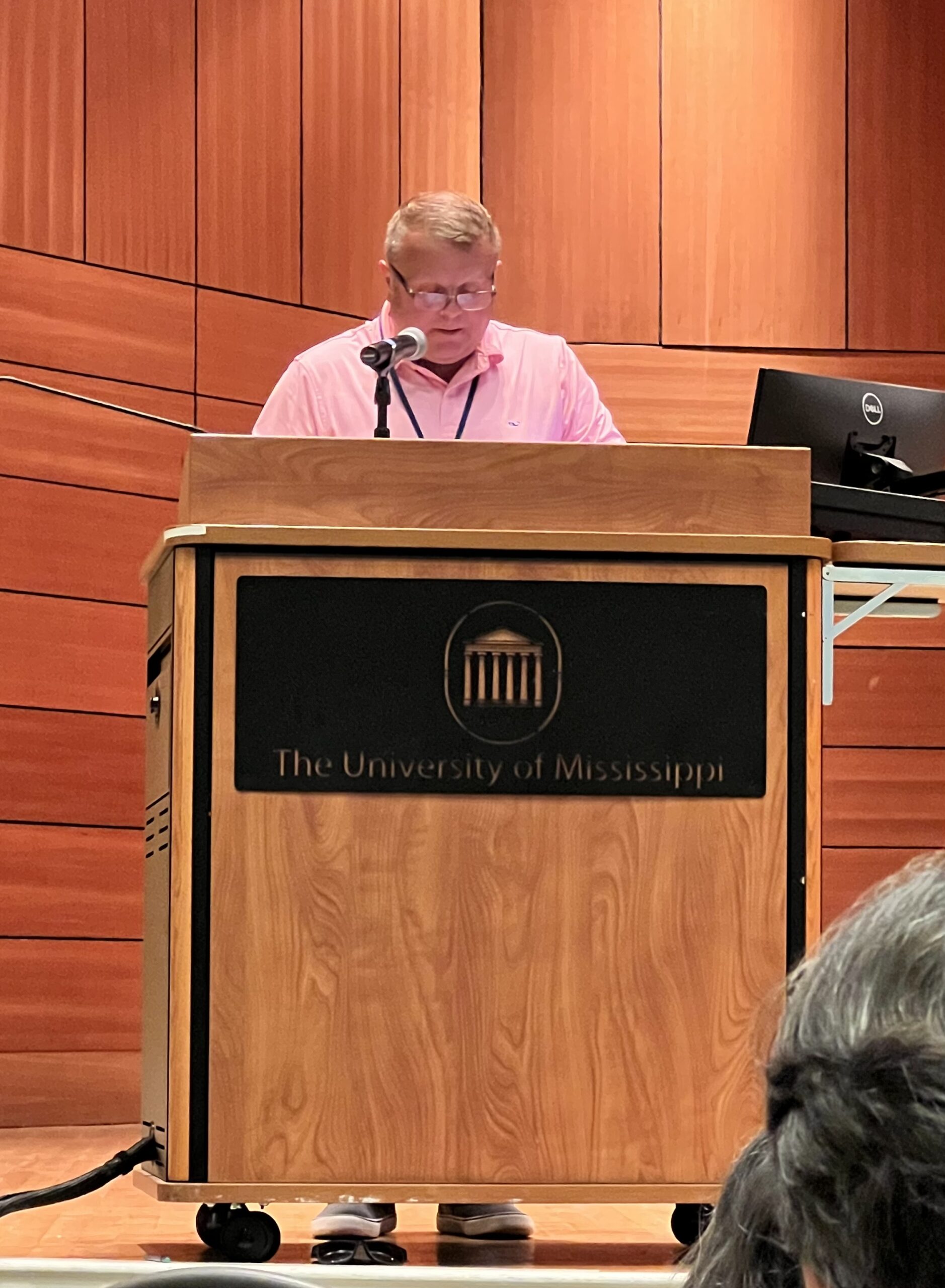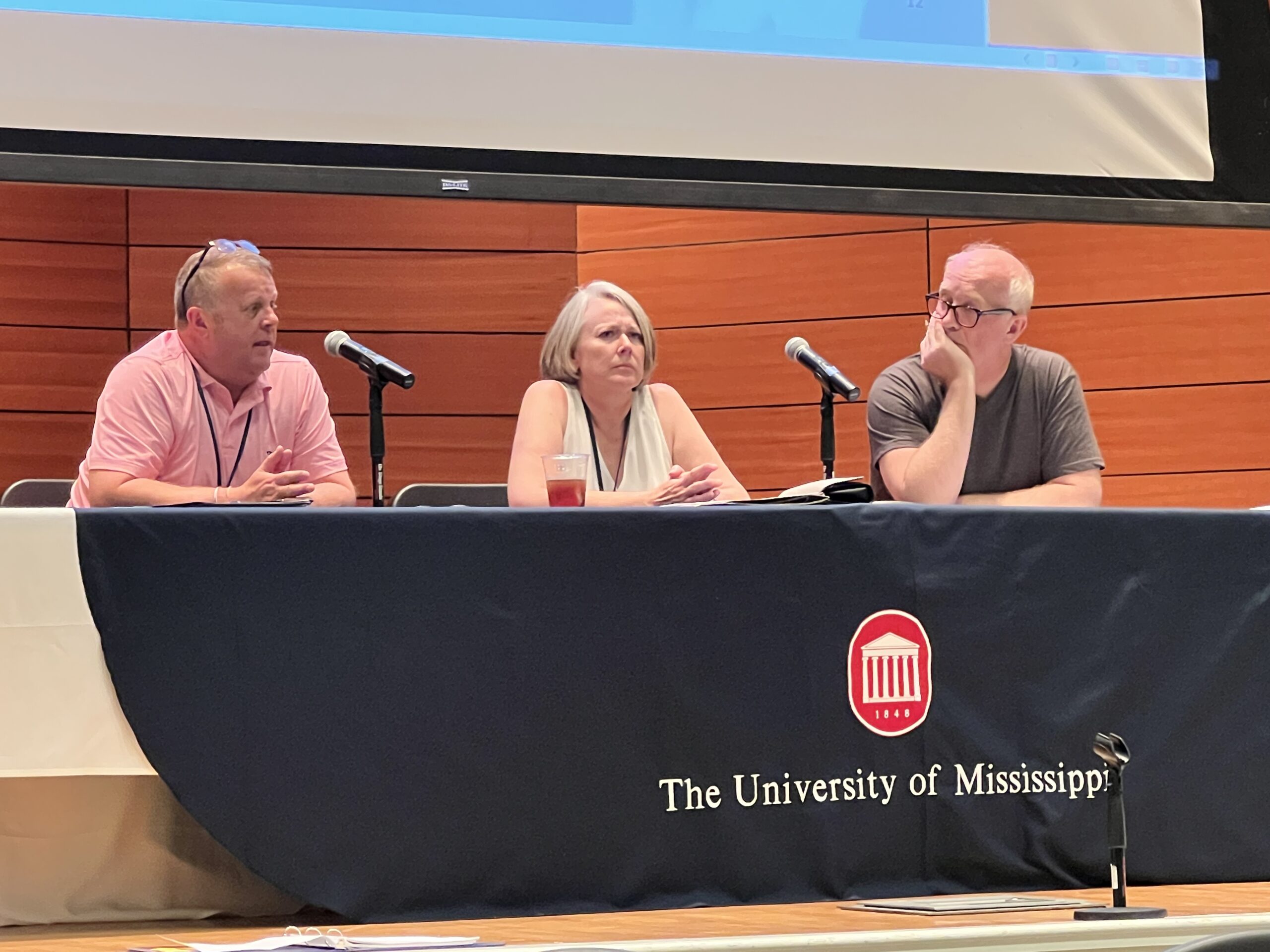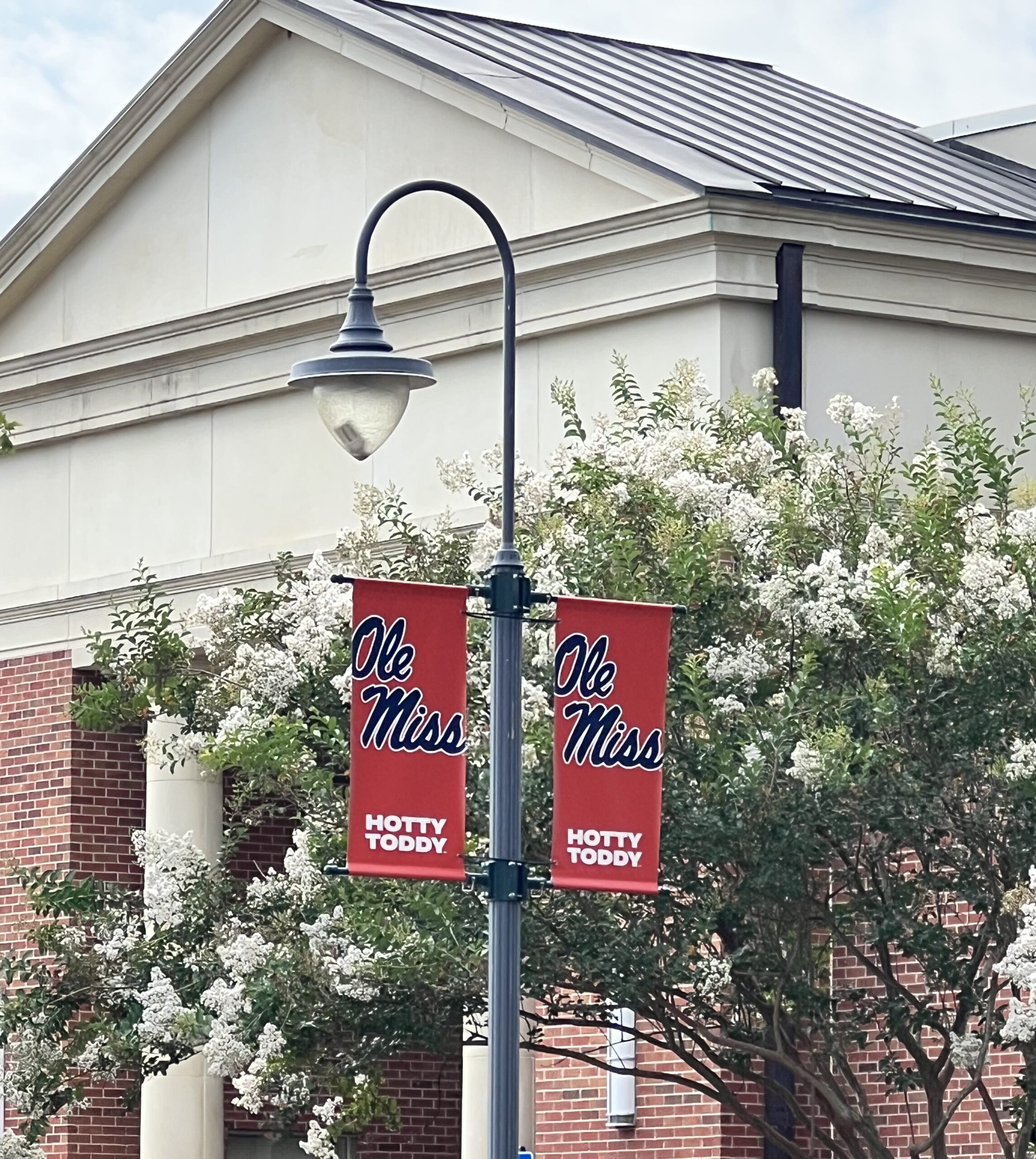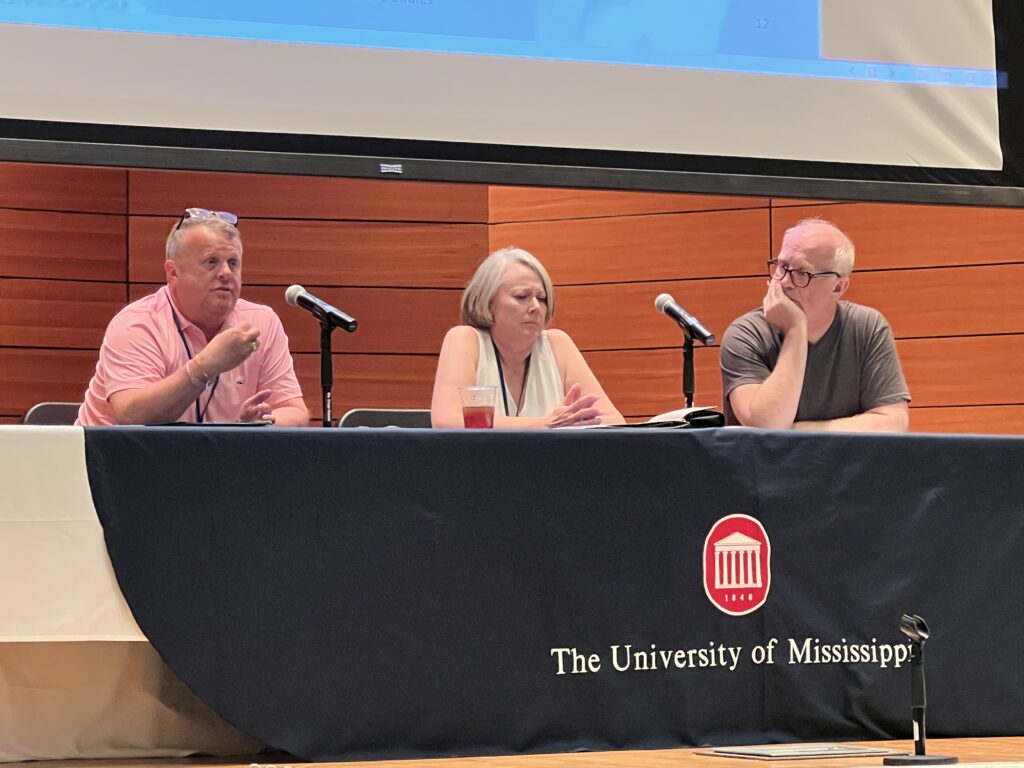Dr. McDonald’s presentation, titled “Blanche DuBois and Caddy Compson: How Promiscuity and Abuse Result in Guilt and Shame,” offered a deep literary analysis of two iconic female characters Blanche from Tennessee Williams’ A Streetcar Named Desire and Caddy from William Faulkner’s The Sound and the Fury. His work centered on how these women are shaped, and ultimately undone, by the rigid expectations of the patriarchal South. Through close textual readings, Dr. McDonald explored the ways in which societal labels of “promiscuity,” family shame, and emotional instability are used as tools of control, often leaving women trapped in narratives they did not write for themselves.

What made his presentation especially timely was the way it invited participants to reflect on how systems of judgment, silence, and cultural pressure continue to affect not just fictional characters from classic literature, but real people in our communities today. As Blanche and Caddy are stripped of dignity and reduced to objects of pity or rejection, their stories reveal something larger about the price women pay for stepping outside prescribed social boundaries, then and now.
In his presentation, Dr. McDonald challenged the audience to consider how shame is inherited and how family and community dynamics reinforce cycles of blame. He emphasized that both characters, though flawed, hurt, and at times self-destructive, are not simply literary figures to analyze, but mirrors of a societal pattern that punishes vulnerability and expression in women while excusing the behavior of men like Stanley and Jason. The parallels he drew between these texts also elevated the conversation around how literature can be used to confront uncomfortable truths, especially in educational spaces.

Dr. McDonald brings over two decades of experience in public education to his scholarship. He has served as an English teacher, department chair, building administrator, and central office leader. His PhD in Language and Literacy from Penn State has shaped his approach to curriculum and instruction across content areas, where he consistently emphasizes critical inquiry and student voice. His leadership in Lancaster has helped grow advanced academic programming while strengthening instruction in both English Language Arts and Social Studies at the secondary level.
His work at the Faulkner Conference exemplifies the level of intellectual engagement and reflective practice that he brings to our district every day. It also reinforces the importance of teachers and administrators not only staying current with research but contributing to it ensuring that what we teach is grounded in both deep knowledge and a willingness to interrogate the systems behind it.
We congratulate Dr. McDonald on this achievement and are honored to have him represent SDoL on an international academic stage. His contribution to the conference was about using literature as a tool for critical reflection and deeper understanding. Join us and give him kudos on our social media!





